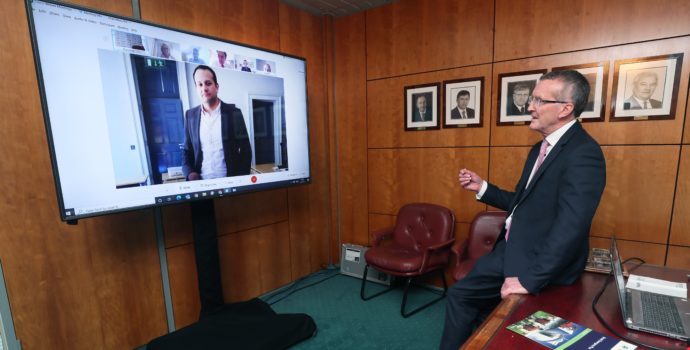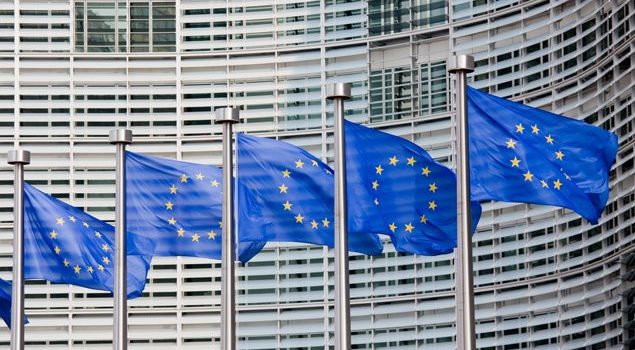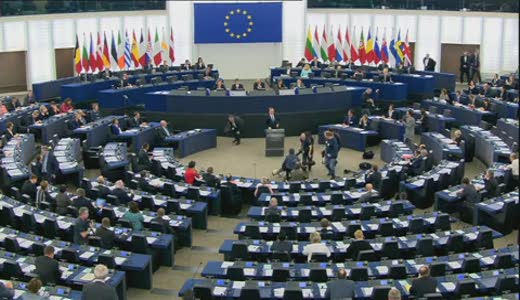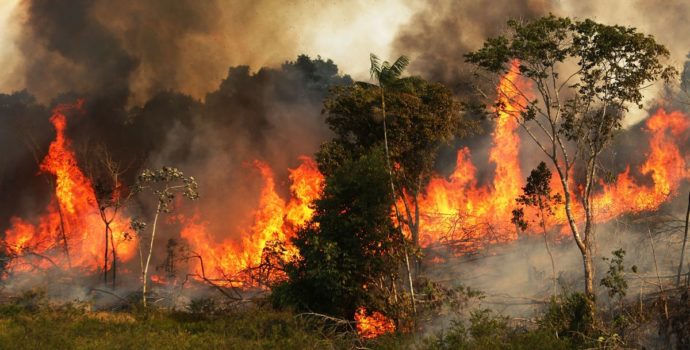Mercosur ‘Sell Out’ Explained
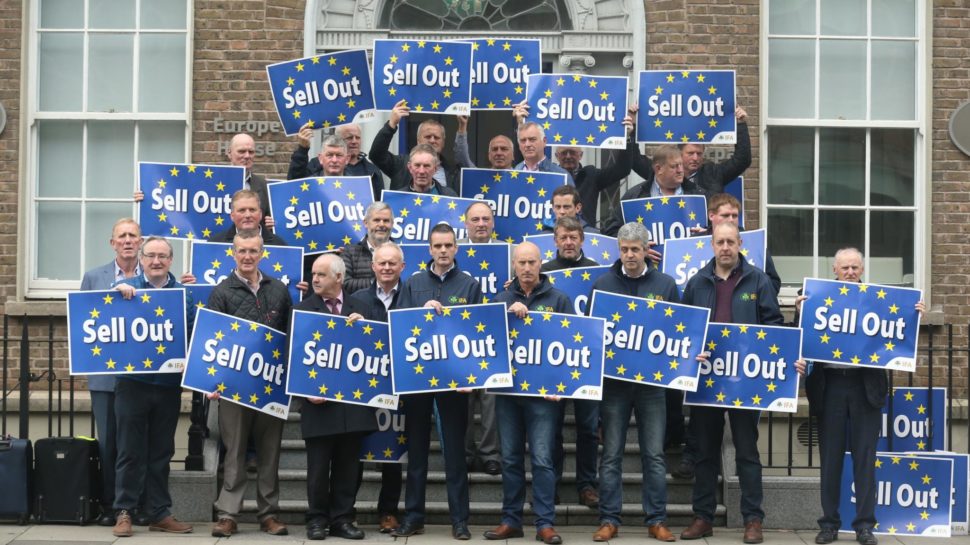
Find out about the latest update on the Mercosur trade negotiations.
What is Mercosur?
The EU is currently negotiating a free trade agreement with the Mercosur trading bloc – Brazil, Argentina, Paraguay, and Uruguay.
As part of negotiation process, the EU proposes to offer the Mercosur countries access to the EU for an additional 70,000t of beef.
This new 70,000t preferential market access quota involves a reduced tariff rate of only 7.5% and includes 35,000t of fresh beef and 35,000t of frozen beef. The offer also includes 78,000t of poultry.
This would be devastating for Irish and EU farmers and consumers.
What stage are these negotiations at?
These negotiations have been underway since 2004.
However, it now looks likely that a deal will be ratified in the next few weeks, unless it is prevented.
Why is the offer to Mercosur bad for farmers?
To allow the proposed volume of beef on to the EU market would have a severe impact on Irish and European farmers, who are already struggling from the impact of Brexit and falling consumption levels (something acknowledged by the EU with its recently announced aid package of €50m to Irish beef farmers).
Beef was taken off the Mercosur deal agenda in 2016 for this reason, but now a very similar offer is being made in circumstances where EU and Irish agriculture have even more to fear with the uncertainty around the impact of Brexit.
In 2016 an EU Commission Joint Research Centre (JRC) report showed that the European beef sector is vulnerable to trade deals involving significant tariff reductions and increased access for beef imports to the EU market.
The analysis showed that, in these circumstances, beef imports from Mercosur would rise dramatically and the overall impact on EU beef prices could be as high as 16%, costing the European beef sector €5bn annually.
In Ireland, due to our higher level of exports, it is expected that this impact would be proportionately higher, potentially costing an estimated €500m to €750m.
Why is it bad for the environment?
Irish beef farmers are amongst the most the most carbon efficient in Europe. Irish beef has a carbon footprint of 19 kg CO2-eq/kg beef, well below the EU average of 22.1 kg CO2-eq/kg beef, and it is the 5th lowest in the EU. The carbon footprint of Brazilian beef is estimated to be 80 kg CO2-eq /kg beef when land use change is included.
To allow additional beef from these countries flies in the face of commitments to reduce carbon emissions and makes a mockery out of the Government’s recently announced Climate Action Plan.
How can the Irish Government and EU ask farmers to change their production models to tackle climate change, only to sign trade agreements with countries that do not do the same?
Why is the offer bad for consumers?
Brazil and other South American countries completely fail to meet EU standards on the key issues of traceability, food safety, animal health and environmental controls. There has been a litany of scandals around the failure and refusal of Brazil to meet EU standards. This is still occurring as confirmed by the most recent EC report into Brazilian food production standards.
Is Ireland the only EU country opposed to the deal on beef?
No – Ireland is one of 11 EU member states objecting to the offer on beef.
For more details on Mercosur see here.

